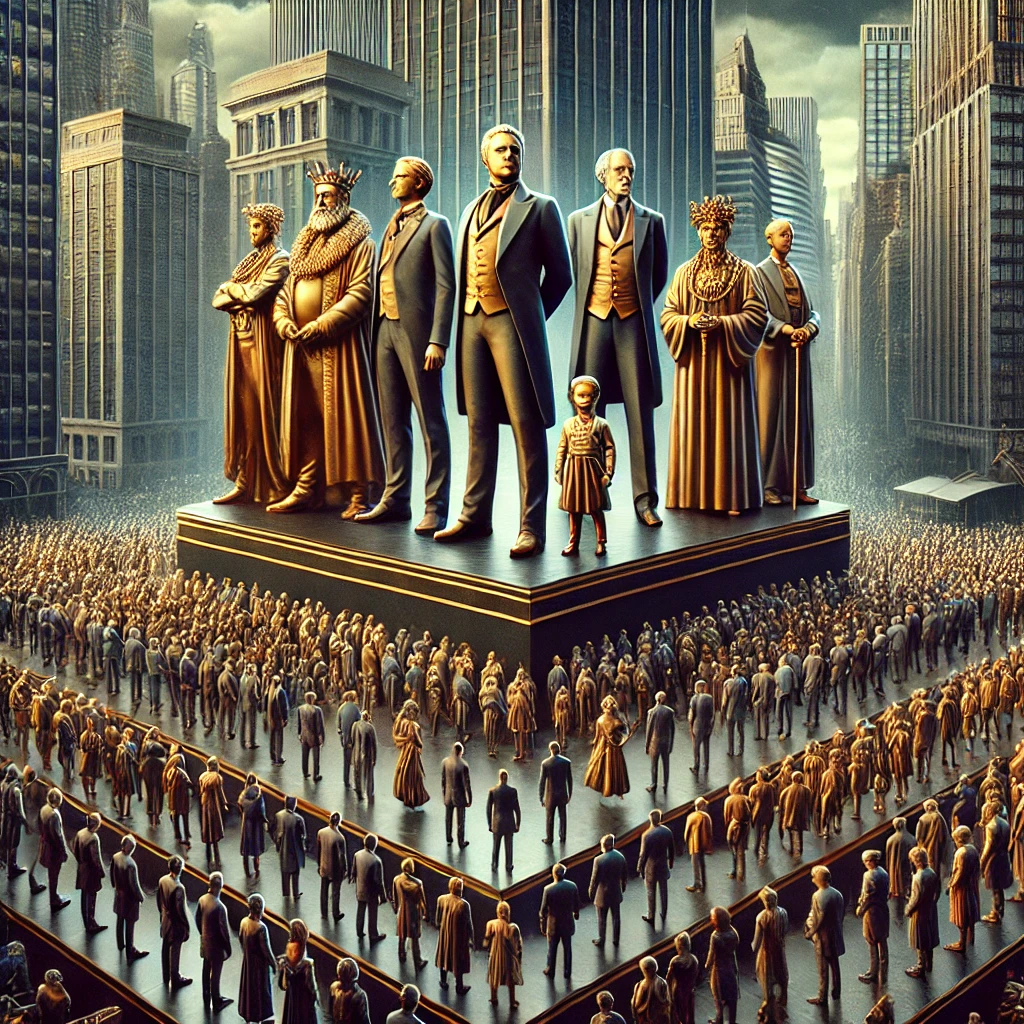Understanding Oligarchy: A Deep Dive into Its Meaning and Implications
Introduction
Explore the basic definition of oligarchy and its relevance in both historical and modern contexts.
What is Oligarchy?
Definition and Origin
Detail the etymology of the term and its historical roots.
Characteristics of Oligarchies
Discuss the key features that define an oligarchic system, including power dynamics and governance structures.
Historical Examples of Oligarchies
Ancient Greece
Examine the role of oligarchy in Greek city-states, such as Sparta.
Renaissance Venice
Explore how Venice’s political structure represented an oligarchic system.
Oligarchy vs. Other Forms of Government
Democracy
Compare and contrast oligarchy with democracy, highlighting the differences in power distribution.
Monarchy and Dictatorship
Discuss how oligarchies differ from monarchies and dictatorships, with specific examples.
Modern Instances of Oligarchy
Economic Oligarchies
Identify examples of economic oligarchies in today’s global economy, such as in Russia and the United States.
Political Oligarchies
Discuss how some modern governments have oligarchic features, despite democratic appearances.
Impact of Oligarchy on Society
Social and Economic Impacts
Analyze how oligarchies affect social stratification and economic distribution.
Political Consequences
Explore the political implications and stability within oligarchic systems.
Conclusion
Summarize the insights gained about oligarchy and reflect on its significance in understanding power and governance.
This structure ensures a comprehensive exploration of the concept of oligarchy, suitable for an in-depth article. Would you like me to expand this outline into a full article now?

